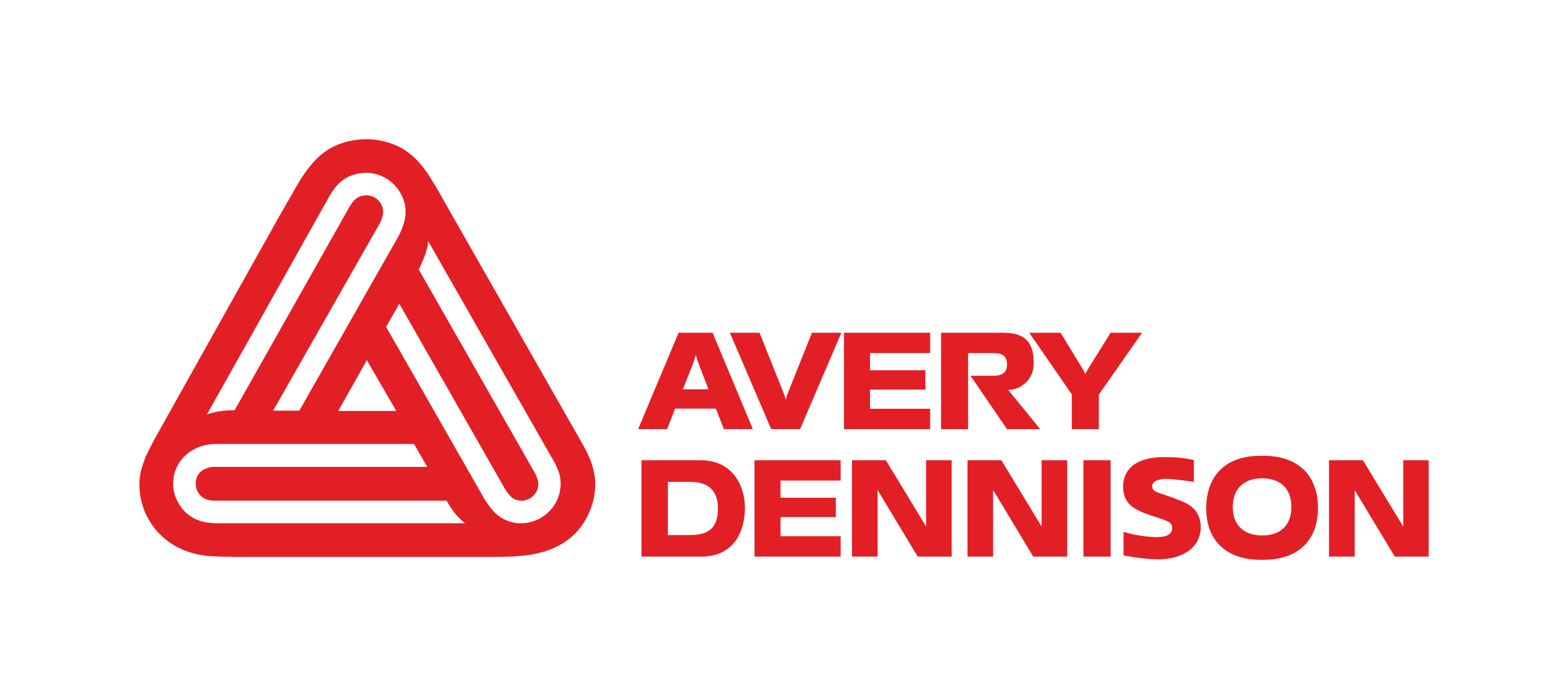Large-scale survey reveals that specific delivery slots and real-time tracking are now consumer expectations, with many shoppers willing to pay for predictability
- Four-in-ten shoppers want home delivery at a scheduled time as a starting point
- 61% are willing to pay a premium for enhanced parcel tracking capabilities
- Delivery delays cited as number one frustration, followed by high delivery costs, damaged packages, inability to track orders, and poor communication
MENTOR, OH - June 25, 2025 — A shift is underway in e-commerce delivery expectations with new research confirming a clear trend: consumers no longer tolerate uncertainty. Four-in-ten (40%) consumers now demand non-food home deliveries to arrive within a specific time slot - typically a two to three-hour window. This expectation climbs higher in key markets, reaching 44% in the UK and 43% in the US. The findings signal a clear power shift towards consumers seeking unprecedented control and transparency in their online shopping experience, forcing retailers and parcel carriers to adapt or risk falling behind.
The research, commissioned by Avery Dennison, a global materials science and digital identification solutions company, surveyed 5,000 consumers across the US, UK, France, and Germany. Findings from the survey — one of the largest of its kind — underscore a growing demand not only for on-time deliveries, but also for precise control over when, and how, parcels arrive.
A shift toward greater control
Although consumers today are more sensitive to cost than ever, six-in-ten (61%) shoppers are willing to pay a premium for more detailed insight into order tracking.
When asked what would justify payment for a premium delivery service (and invited to select ‘all that apply’), 47% stated faster delivery, making this the top overall choice, followed by 31% who said ‘accurate estimated delivery times.’
The survey also reveals that tracking expectations vary depending on the type of purchase. For example, 60% of respondents say parcel tracking is ‘very important’ when ordering electronics, 43% for fashion, and 38% for health and beauty.
Personal convenience is at stake. When asked to select up to three main benefits, the top reasons respondents gave for wanting enhanced tracking are:
- Flexibility to leave the house without missing deliveries (54%)
- Peace of mind knowing where the parcel is (54%)
- Ensuring timely arrivals for special occasions like birthdays and anniversaries (44%)
To meet these exacting consumer demands, retailers and their logistics partners must act now or be left behind. Technology can assist in the drive to provide enhanced real-time visibility in the parcel delivery process.
Opportunity for elevated consumer satisfaction
For international e-commerce, real-time tracking has become even more critical as recent tariff changes disrupt cross-border shipping, causing extended delays and price increases.
Yet at the same time, cost remains a factor. According to McKinsey, 90% of consumers are willing to wait an extra two to three days if it means avoiding high shipping fees, highlighting a growing preference for flexible delivery options that balance speed with affordability.
“The message from consumers is loud and clear: they expect precision and control over their deliveries,” says Julie Vargas, vice president and general manager of Identification Solutions at Avery Dennison. “Customers may tolerate delays — but only if they're kept in the loop. Real-time visibility shouldn’t be considered a luxury anymore; it's the price of staying competitive. Retailers and carriers who embrace transparency will not only ease frustrations around shipping delays and rising costs, they'll earn lasting customer trust in a tough logistics climate.”
Vargas adds: “There is a natural eagerness from retailers and carriers to cut down on expensive WISMO (where is my order) inquiries and manage costs more effectively. They recognize the benefits of providing self-service parcel tracking apps and tools powered by GPS and RFID technology, which ultimately help keep shipping rates affordable. Offering real-time updates on a package's whereabouts is now a key foundation of this trust.”
Winning the parcel shipping game
Avery Dennison’s research also reveals that consumers find current tracking systems unreliable and insufficient. The most-cited frustrations are inaccurate notifications, inability to change delivery time or location, and premature ‘delivered’ status updates. Deploying intelligent labels at package-level helps vendors and distributors overcome these shortfalls in service.
Vargas concludes: “As the research highlights, to remain competitive in today’s e-commerce landscape, retailers and carriers must prioritize transparency and innovation in their delivery process. With almost two-thirds of shoppers willing to pay more for tracking and notifications, leveraging advanced technologies and offering real-time visibility is crucial. The pressure is very much on to address consumer needs, and turn frustrations into trust.”
Download The Consumer Verdict whitepaper here.
###

